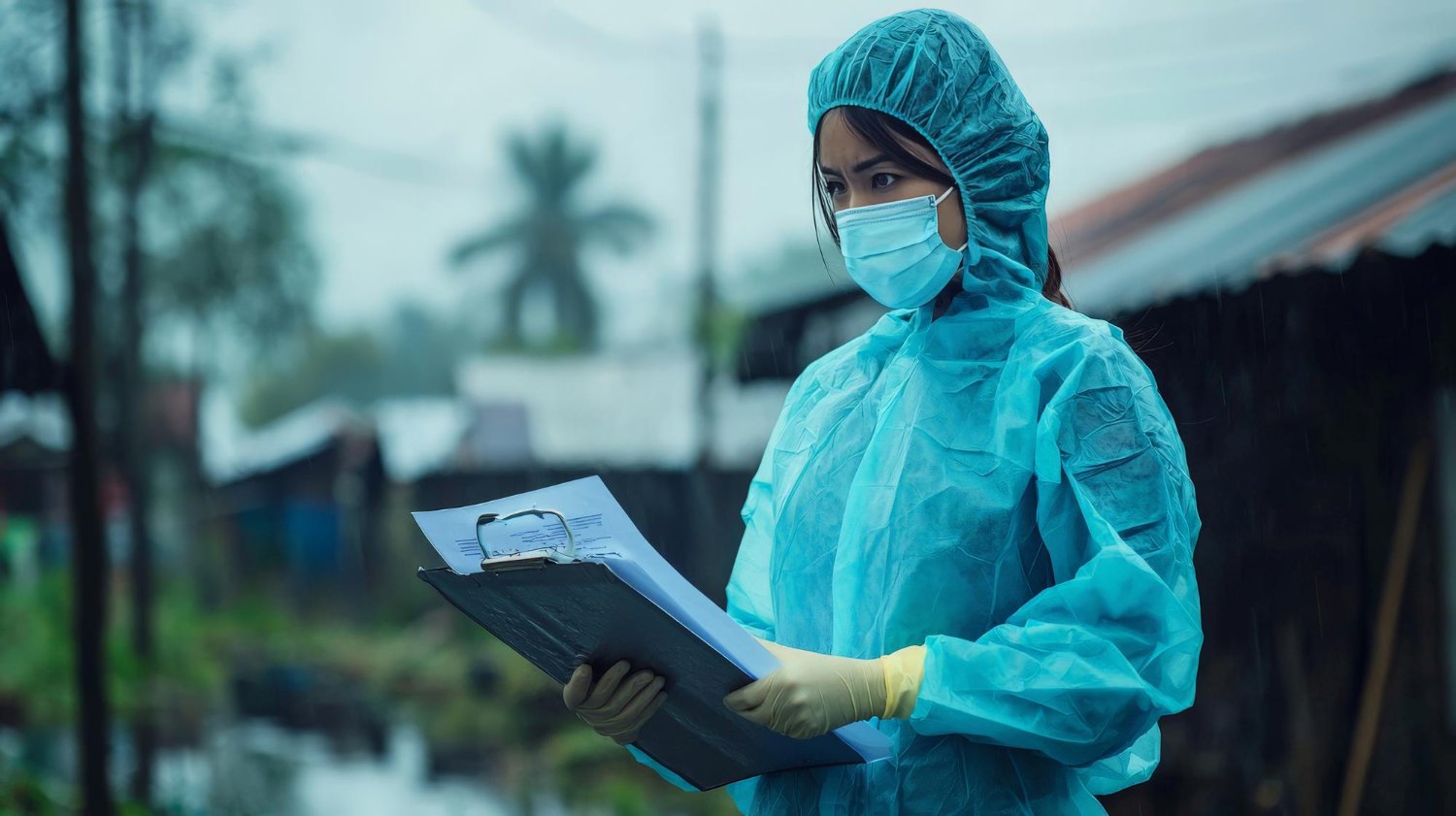Call for Emergency Action: Limiting Global Temperature Rise to Protect Health
A recent editorial published across health journals worldwide emphasizes the urgent need for action to limit global temperature increases, restore biodiversity, and protect human health. With global temperatures already rising and biodiversity under threat, the editorial stresses that wealthier nations must accelerate their climate actions. The current trajectory, with insufficient commitments and a lack of focus on health, risks catastrophic consequences for public health, particularly for the most vulnerable populations. The call is for global cooperation, equitable measures, and systemic societal changes to tackle the environmental crisis.
Key Points
- Health Impacts of Climate Change: Rising temperatures are driving health issues, including heat-related deaths, dehydration, cardiovascular diseases, and increased mental health complications.
- Vulnerability of Marginalized Populations: The impacts of climate change disproportionately affect poorer communities, ethnic minorities, older adults, and those with pre-existing health conditions.
- Global Action and Equity: Wealthier nations must contribute more, considering their historical emissions. Equitable measures include cutting emissions faster, supporting low-income countries, and ensuring funding for adaptation and health resilience.
- Systemic Changes Needed: Fundamental changes to how societies function are necessary, including redesigning transport, food systems, and energy production to support a healthier environment.
- Health Sector’s Role: The health sector must contribute to sustainable practices, divesting from fossil fuels and advocating for systemic change, as environmental degradation is ultimately a public health crisis.
Summary
This BMJ editorial calls for urgent action to address the environmental crisis by limiting global temperature increases and restoring biodiversity. It emphasizes the health impacts of climate change, particularly for vulnerable populations, and the need for global, equitable responses. Wealthy nations must take the lead in emissions reduction and provide support to low-income countries. The editorial highlights that systemic societal changes are required to effectively combat the crisis and protect public health.
Based on an article published by The BMJ.







